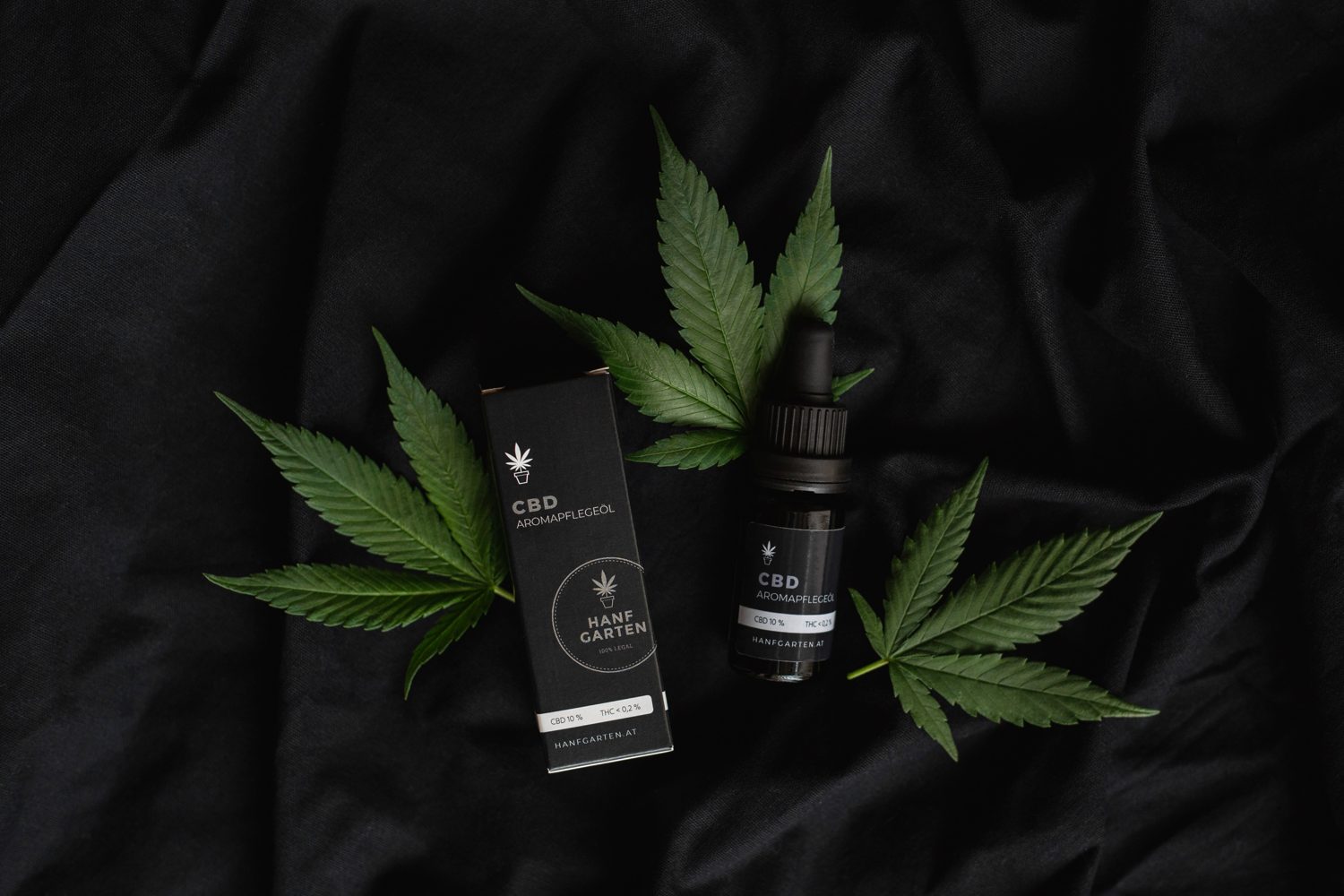Preclinical and clinical studies suggest that cannabidiol (CBD) has potential for treating a wide range of neuropsychiatric disorders. In particular, it has antipsychotic and anxiolytic (i.e. anti-anxiety) properties, but also antiepileptic, antioxidant, anti-inflammatory and antidepressant effects. Cannabidiol is safe and well tolerated. 1
Existing preclinical evidence offers strong evidence to support CBD as a treatment for generalized anxiety disorder, panic disorder, social anxiety disorder, obsessive-compulsive disorder, and post-traumatic stress disorder. Acute administration has been investigated, with few studies to date looking at chronic administration of CBD. 2
In studies on healthy volunteers and people suffering from various anxiety disorders, when CBD was administered in capsule or oral spray form, only minimal side effects were observed, and these were sedative. The overall results were positive and CBD was generally well tolerated. 3
Anxiety patients with poor sleep quality on long-term use appreciated not only the relief of anxiety but also the improvement in sleep, although this was of a fluctuating nature.4
Social phobia
CBD appears to have particularly interesting results in the treatment of social phobia. Already in animal models, CBD has been observed to counteract anxiety and depression. 5
In human studies, CBD has then been confirmed to significantly reduce anxiety, cognitive defects, and speech performance discomfort. The placebo group showed higher levels of anxiety, cognitive defects, discomfort and vigilance compared to the control group. 6
Good results have also been confirmed in the long-term treatment of adolescents suffering from social phobia. CBD significantly reduced their anxiety according to two different rating scales. 7
Mechanisms of action
Stress is a major risk factor for the development of mood and anxiety disorders. Scientists have therefore long wondered how to mitigate the harmful effects of stress – and how such a stress response arises. It turns out that there is a link between stress-induced anxiety and insufficient levels of anandamide. Anandamide is a so-called endocannabinoid or a cannabinoid produced by our body.8
The endocannabinoid system – and therefore CBD – is involved in the formation of new neurons in the hippocampus.9
Functional neuroimaging has confirmed that CBD affects blood flow through the brain and that the anti-anxiety effect of CBD is related to its effects on activity in limbic and paralimbic regions of the brain.10
Specifically, the alleviation of anxiety due to CBD administration occurs in the brain via local neurotransmission mediated by 5-HT1A-type serotonin receptors.11
Thanks to animal studies, all the molecular targets of cannabidiol have been identified over the years.12
Today, we already know that CBD acts as a non-competitive negative allosteric modulator of the CB1 receptor, as an inverse agonist of the CB2 receptor, and as a reuptake inhibitor of the endocannabinoid anandamide. In addition, CBD also activates serotoninergic 5-HT1A and vanilloid receptors. 13
THC or CBD?
The difference between the effects of the two main cannabinoids, THC and CBD, is now well researched. It is generally thought that THC can induce feelings of anxiety, paranoia and psychosis. Thus, in humans, THC is associated with inducing anxiety, while CBD is associated with suppressing anxiety.
Of course, more clinical research will be needed to clarify the role of other cannabinoids or even terpenes (compounds responsible for the taste and smell of cannabis).14
Other case studies suggest that while CBD helps against social anxiety and has largely positive effects in schizophrenia, it does not appear to be effective in mania. In contrast, THC does not appear to be effective against depression. 15
However, there have not yet been enough randomised, placebo-controlled studies to say for sure exactly how cannabinoids such as CBD or THC do or do not help with anxiety disorders.16
However, preliminary studies confirm CBD’s effectiveness against anxiety, depression and psychosis, and highlight that, unlike THC, it is not addictive and has an overall positive safety profile.17
List of cited studies and reviews:
- Anxiolytic effects of repeated cannabidiol treatment in adolescents with social anxiety disorder 2019
- Neural basis of the anxiolytic effects of cannabidiol (CBD) in generalized social anxiety disorder 2010
Effects of cannabidiol (CBD) on local cerebral blood flow 2004
